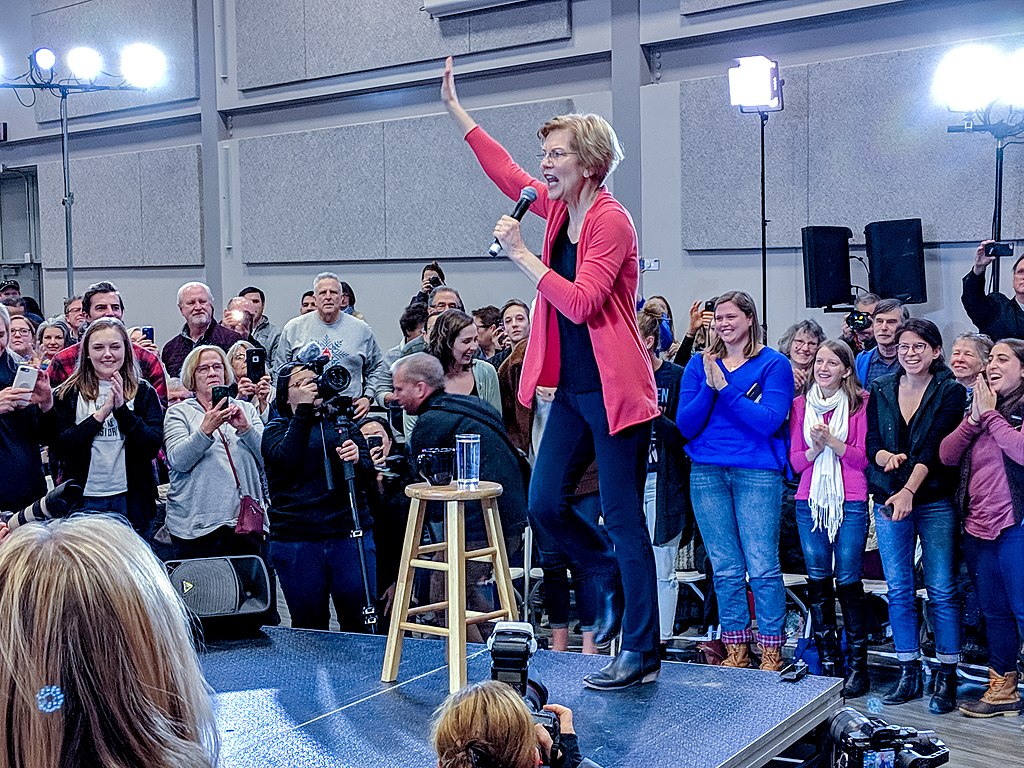U.S. Supreme Court Justice Clarence Thomas was revealed by journalists at ProPublica to have received millions of dollars in undisclosed gifts from real estate billionaire and political megadonor Harlan Crow. Failing to disclose was almost certainly in violation of the Ethics in Government Act. Moreover, Harlan Crow had business before the Supreme Court both indirectly as a board member of the American Enterprise Institute and directly via a business partly owned by Crow. When invited before the Senate Judiciary Committee to testify on the Supreme Court’s ethical standards, Chief Justice John Roberts declined to appear. Unlike federal judges the Supreme Court has no formal code of ethics, and in a joint statement issued by all nine justices the Court refused to implement an enforceable code of ethics.
This latest scandal follows in the wake of prior ethical concerns about Justice Thomas specifically as well as declining trust in the Supreme Court generally (as discussed previously by the Prindle Post here and here.) The Senate Judiciary Committee hearing on the matter was held May 2nd and the story is ongoing. Nonetheless, it is worth stepping back to take a broader look at influence peddling and the Supreme Court. For beyond the details regarding this or that justice is a legacy of Supreme Court jurisprudence that has created a narrow understanding of malfeasance – one which merits greater ethical scrutiny: What counts as corruption? How broadly or narrowly should it be defined? Who gets to say?
One significant line of decisions concerns money in elections. In 1976, the Supreme Court ruled on Buckley v. Valeo. This controversial campaign finance decision had far-reaching implications, establishing first, that money is speech, and second, that money in the context of elections can still be regulated to prevent both corruption and the appearance of corruption. This left open the question of just what constitutes corruption and who gets to define it. Some, such as legal scholar Deborah Hellman, have argued that courts should largely defer to elected representatives as the appearance of corruption depends on the official’s role and the institution’s function.
The Supreme Court, however, has often taken a much more active role and tends to define corruption quite narrowly. In Citizens United v. Federal Election Commission (2010), for example, the Court held that corporations and nonprofits could spend unlimited money on political candidates as long as they were not formally coordinating with campaigns. In further campaign finance decisions, the Supreme Court shot down an Arizona law passed by public referendum which sought to limit the influence of money in state elections and loosened limits on individual campaign contributions. Beyond campaign finance, in a unanimous decision in McDonnell v. United States (2016), the Court held that Virginia Governor Bob McDonnell accepting $177,000 worth of gifts from business owner Jonnie Williams, Sr. was not corruption, because Governor McDonnell only returned the favor by facilitating meetings or hosting events, as opposed to, say, implementing a specific executive order in Williams’ interest.
Supreme Court rulings on corruption occur in several legal contexts and cannot be synthesized perfectly. But generally speaking, the current Court appears to consider quid pro quo (“something for something”) corruption as the primary concern. In other words, there needs to be a specific documentable instance in which a public official was offered money or other gifts in exchange for a particular executive, legislative, or judicial action. Moreover, per the Supreme Court, providing political access in exchange for money does not count as quid pro quo.
What concerns might this loose interpretation raise? Why should anyone object?
First, the Supreme Court has prioritized those with resources, namely corporations and the wealthy, by refusing to restrict their political access and spending ability. The Court has been less interested in ensuring that those with less resources have equal access to the political process. In short, their calculus about balancing rights of the powerful with the rights of the less powerful may be off. The political theorist Mark Warren has called attention specifically to the exclusionary dimension of corruption in which people are denied due influence on decisions for which they are impacted by the outcome. The Supreme Court’s lack of concern with selling political access may exacerbate this form of corruption.
Second, the Supreme Court assumes that if a public official is not deliberately doing someone an explicit favor then they have not been influenced, but this is out of step with current psychology. It is well-established that humans are influenced by our social networks and often engage in motivated reasoning, where individuals consciously or unconsciously alter their uptake and analysis of information on the basis of their personal and community biases. Conflicts of interest appear to cause broad, and sometimes unconscious, influence – a problem that cannot be addressed simply by transparency measures. The Supreme Court has attempted to reassure Congress that their decisions are not impacted by gifts. But even if it is true that no justice has deliberately changed an opinion, this does not exclude more subtle forms of influence that come with the territory of being human.
Third, by focusing almost exclusively on quid pro quo corruption, the Supreme Court ignores a larger culture of moneyed influence and pay-to-play politics. It is not always a mystery what the wealthy and powerful want – especially those such as Harlan Crow who are extensively involved in politics. If political officials are allowed to be the beneficiaries of private largesse, they can read the room and see what actions would be well-received – no shady deals necessary. Moreover, in a context where the wealthy are specifically allowed to buy access to the politically powerful (as ruled in McDonnell), quid pro quo corruption is difficult to prevent and detect. Presumably public servants, such as Clarence Thomas, do not provide the courtesy of marking in red ink where they compromised their values.
All these concerns are heightened when it comes to the Supreme Court. Elected officials are supposed to be responsive to their electorate, so there is at least some question as to how to precisely draw the line between reasonable access and undue influence. However, justices are appointed and are supposed to be above the electoral fray. On the basis of this reasoning, the ethics codes covering appointed judges should be more strict than for elected officials, not less so.
The overarching concern is that the Supreme Court has enabled an undemocratic system in which elected officials are not responsive to their voters, and judges are not (reasonably) unbiased decision-makers, but instead both favor the interests of the select few that can afford access. There may be defensible reasons for the Supreme Court’s jurisprudence, however, in light of the Clarence Thomas scandal, one wonders if the Supreme Court’s decades-long crusade against anti-corruptions laws needs to be viewed with renewed suspicion.


